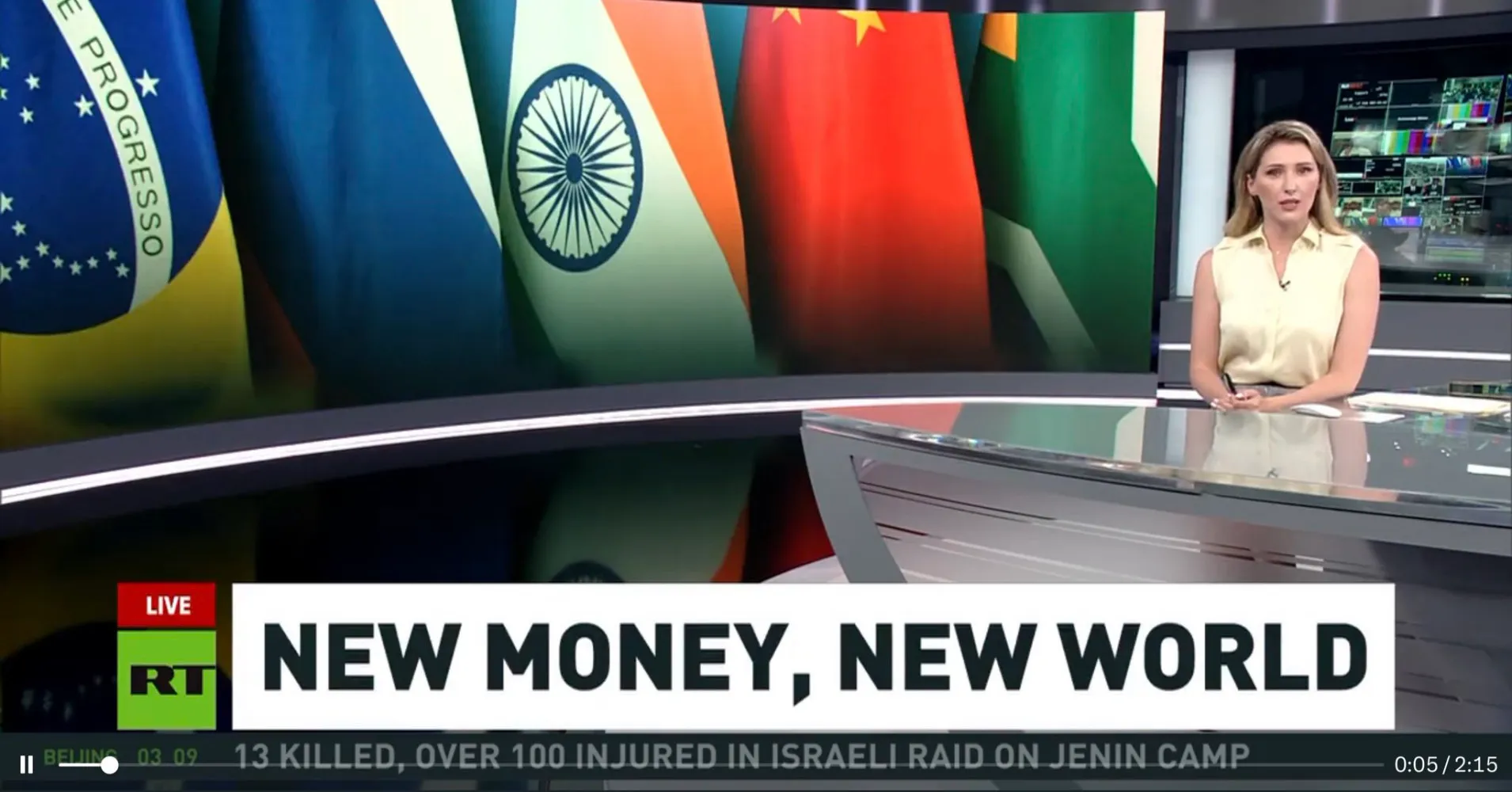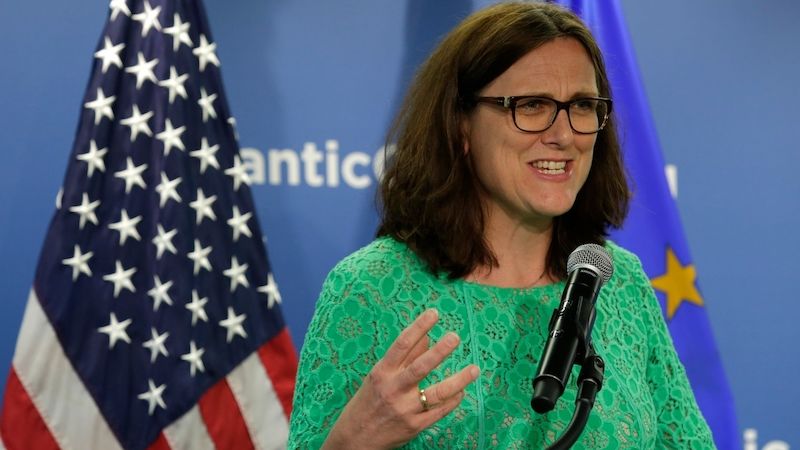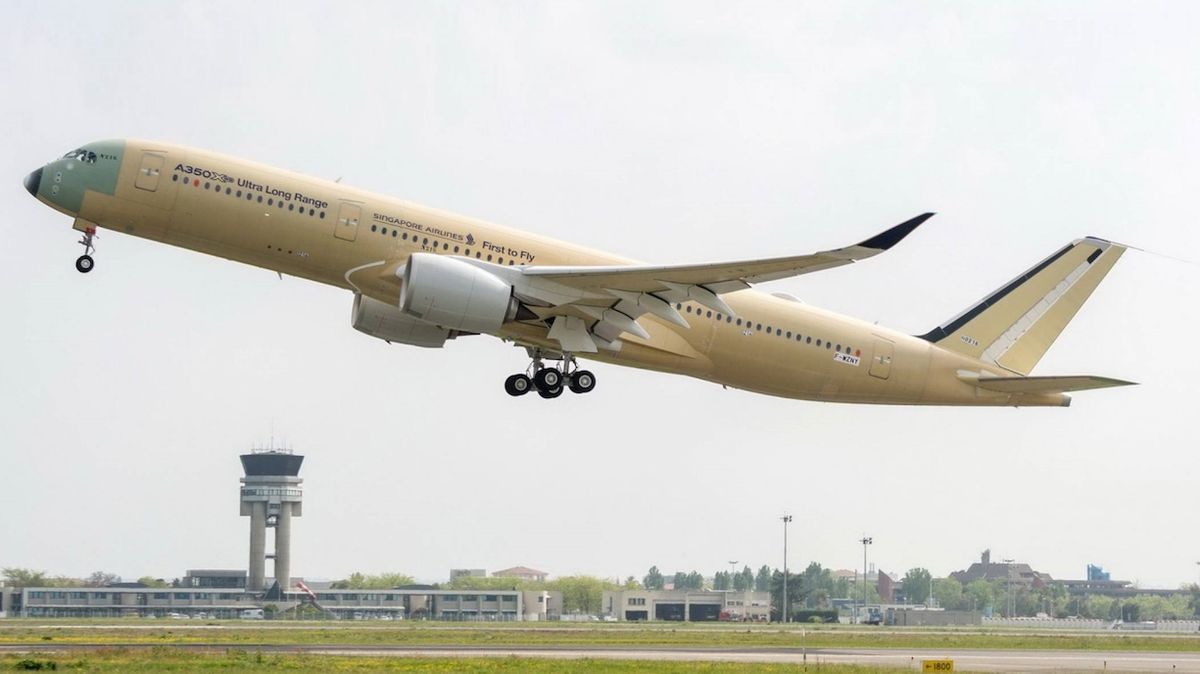The BRICS economic alliance, consisting of China, India, Russia, Brazil and South Africa, is working intensively to develop its own currency, whose value will be based on gold. This was reported by the Russian state TV station Russia Today. The goal is to leave the dominant world dollar position. A formal announcement is expected at an August summit in South Africa.
Recent news confirms a trend that has come to be called dedollarization. Countries like China have started buying gold in large quantities in recent months. In Beijing’s case, according to analysts, it is an attempt to increase the credibility of the local currency, the yuan. But since April this year, there has also been public talk about the fact that the BRICS economic alliance wants to introduce its own digital currency, which apparently should now be based on gold. This can give the currency stability and credibility, according to experts.
In its report, Russian television RT cited, among other things, the official Twitter profile of the Russian embassy in Kenya. “The BRICS countries are planning to create a new trading currency which will be based on gold. More and more countries are showing their desire to join the BRICS alliance,” the embassy said on its Twitter account in early July, referring to an April article on the website. Foreign policy. RT also mentioned a desire for more countries to join the alliance in its report, but did not specify which countries should be involved. Based on TASS agent however, it should at least be Belarusian.
So far, news about the BRICS common currency has mostly come from Russia. The ruble’s transition to the gold standard has long been one of the Kremlin’s unfulfilled goals.
The BRICS countries are planning to introduce a new trading currency, which will be backed by gold.
An increasing number of districts have recently expressed a desire to join the BRICS.https://t.co/lMKTd4FlnT— Russian Embassy in Kenya/Посольство России в Кении (@russembkenya)
July 3, 2023
Representative of the New Development Bank, founded by the BRICS countries, Leslie Maasdorp in an interview for Bloomberg stated that the creation of any alternative currency was more of a medium to long term ambition. “There is currently no indication that the BRICS alliance will create its own currency anytime soon,” said Maasdorp.
The “de-dollarization” push comes a year after Russia aggressively invaded Ukraine and the Russian economy faced tough sanctions from Western countries. Deputy Speaker of the Russian State Duma, Alexander Babakov, said in April that the development of the new currency was based on a strategy of not considering the dollar or euro as intermediaries in practice.
The new information on digital currency developments came about a month before the BRICS state summit, which will take place in August in Johannesburg, South Africa. “Proponents of de-dollarization argue that this process will reduce the dependence of other countries on the US dollar and the US economy, which can help reduce the impact of economic and political changes in the US on their own economy. In addition, countries can reduce their exposure to currency fluctuations and changes in interest rates, which can help increase economic stability and reduce the risk of financial crises.” wrote news portal Firstpost.
Russia is especially interested in currency creation due to Western sanctions. But the project may suffer mistrust between countries. For example, China and India are still pushing each other across the border in the Himalayas. But Babakov believes that if powerful economies like Russia, China, and India come together, viable evolutionary digital transactions could emerge. “China will benefit the most from this situation, and the West and the United States, on the contrary, will not improve. The development strategy is built in such a way that it protects neither the euro nor the dollar,” Babakov told MSN.

“Tv nerd. Passionate food specialist. Travel practitioner. Web guru. Hardcore zombieaholic. Unapologetic music fanatic.”







